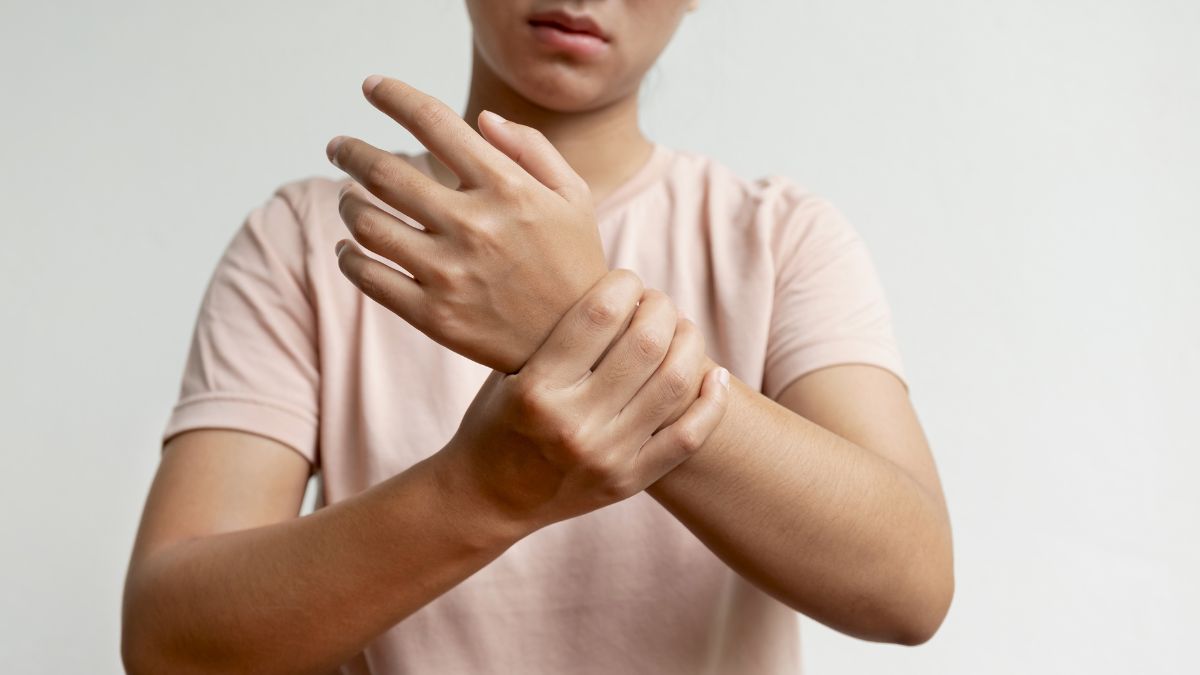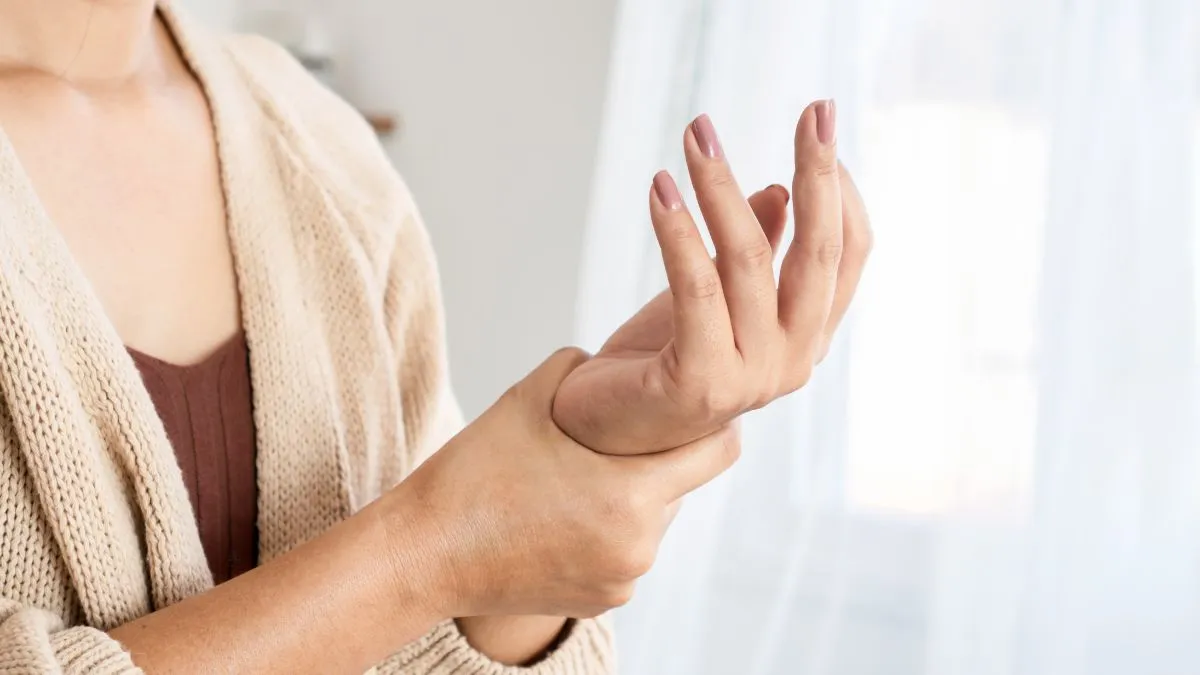- By Priyanka Munshi
- Tue, 28 Jan 2025 06:09 PM (IST)
- Source:JND
Guillain-Barre Syndrome (GBS) is a rare neurological disorder that causes muscle weakness, paralysis, and autonomic dysfunction, affecting various bodily functions, including digestion. One of the most common gastrointestinal complications in GBS is constipation and bowel dysfunction, which can significantly impact a patient’s quality of life and recovery.
The autonomic nervous system, which regulates bowel motility, is often affected in GBS, leading to reduced peristalsis, delayed colonic transit, and weakened abdominal muscles. This makes it difficult for patients to have regular bowel movements. In a conversation with Jagran English, Dr. Vikas Jindal, a Consultant in the Department of Gastroenterology at the CK Birla Hospital in Delhi, explained how Guillain-Barré Syndrome can cause constipation and bowel dysfunction.
-1737890559402.webp)
Can Guillain Barre Syndrome Cause Constipation And Dysfunction (Image Credit: Canva)
According to Dr. Vikas Jindal, prolonged immobility due to muscle weakness further contributes to constipation. Medications commonly used in GBS treatment, such as opioids for pain relief and anticholinergics, can further slow bowel function. In severe cases, complications such as fecal impaction or paralytic ileus (temporary gut paralysis) may occur, requiring immediate medical intervention.
Patients with GBS-related bowel dysfunction may experience infrequent or difficult bowel movements, abdominal discomfort and bloating, and a feeling of incomplete evacuation. In severe cases, nausea or vomiting can occur due to impaction, making the condition even more distressing. A proactive approach is essential to manage constipation and prevent complications. Increasing fiber intake through fruits, vegetables, and whole grains, along with adequate hydration, can help improve bowel movements.

Can Guillain Barre Syndrome Cause Constipation And Dysfunction (Image Credit: Canva)
In conclusion, Dr. Vikas Jindal emphasized that engaging in physical activity, such as movement-based therapies under supervision, can stimulate gut motility. In some cases, stool softeners, laxatives, or enemas may be required under medical guidance. Additionally, physiotherapy techniques, such as abdominal massages and bowel training, can be beneficial. A multidisciplinary care approach, involving neurologists, dietitians, and physiotherapists, is crucial in managing bowel dysfunction in GBS patients. Addressing constipation effectively can enhance comfort and overall well-being, aiding in a smoother recovery process.

